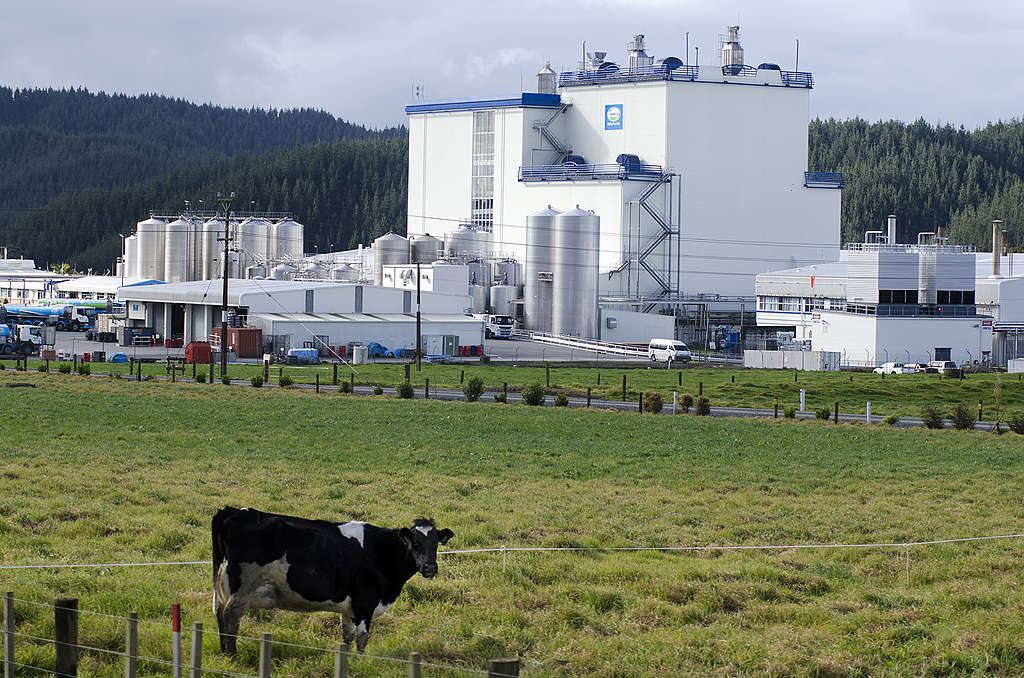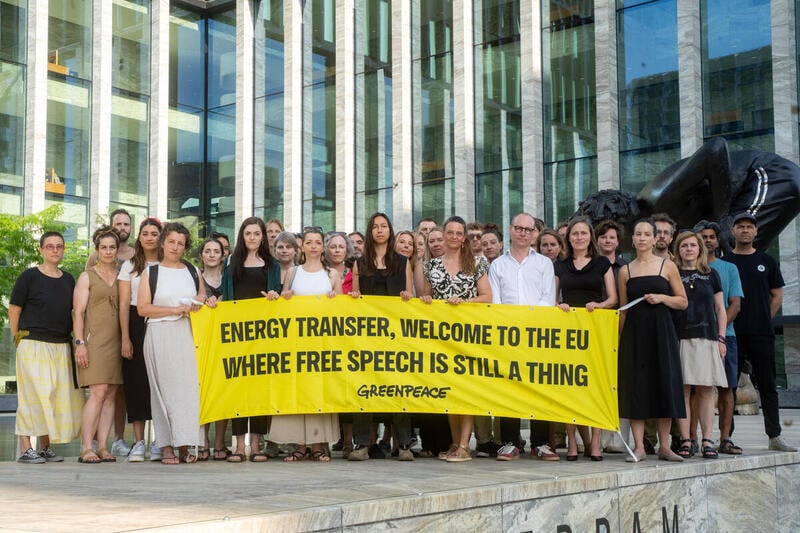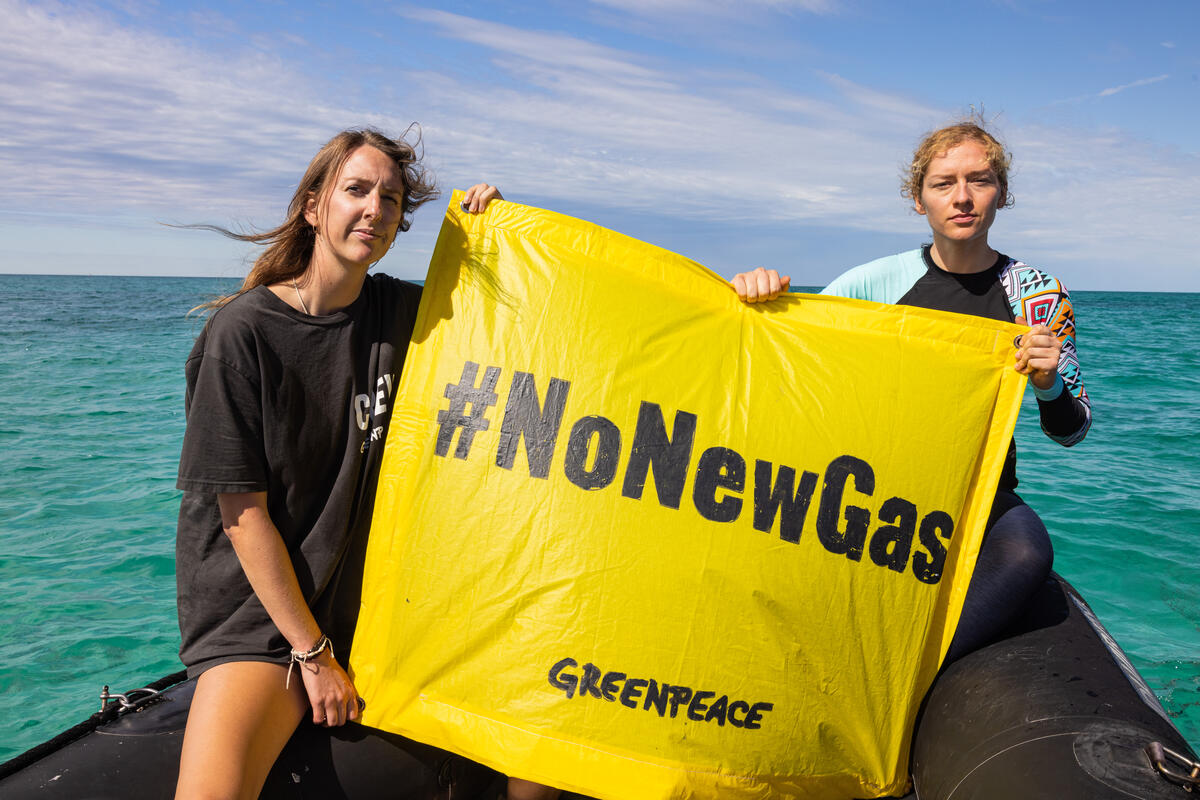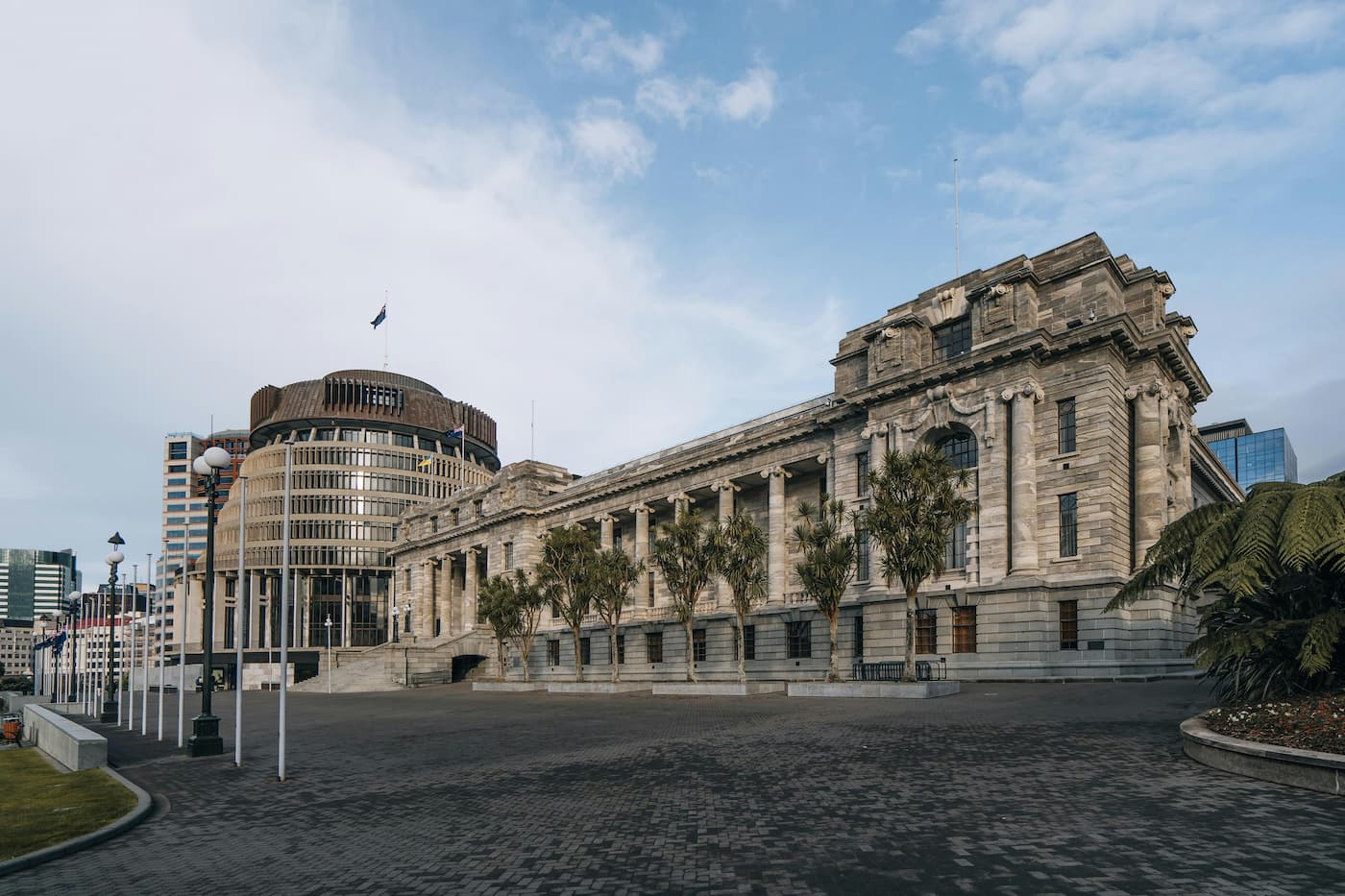When I came home from my break down in the South Island heartland, it was to my rural West Auckland community under a deluge of climate-induced flooding.
For the second time in under two years here in West Auckland, homes, our local shops and community facilities have been ruined. Many people had just finished repairs from the last flood when this one hit.
This time the whole of Tāmaki Makaurau and beyond experienced the extreme climate event. The streets of Rānui were under water. Four people tragically lost their lives in the north of Auckland, Remuera and Waikato. Hundreds of people needed emergency shelter in Mangere and elsewhere. Upper North Island transport lifelines are destroyed.
It seems incredible that it could happen here. We’re more used to seeing images of flooding in Pakistan, heatwaves in Europe, bushfires in Australia, and cyclones in the South Pacific. But recently it has also happened in Tairāwhiti (twice), Nelson, and Westport (twice). These places may never fully recover.
It has brought the climate crisis from something ‘over there’ to our own doors and many people may be realising that unless Governments regulate climate polluters, it’s not going to get any better.
We’re not talking about the distant future anymore, it’s our daily lives. Climate change is affecting how we get around. It’s affecting what we pay for food. It’s affecting whether schools open or if our houses are safe. It’s dangerous.
While we all pay the costs, the big industries causing the climate crisis get a free pass. Big dairy in New Zealand belches 91% of the country’s methane total, and that’s a real problem because methane is a climate super-heater.
Methane gets jokes about cow burps, and we can’t see this super-heating gas. But methane is a massive part of New Zealand’s outsized contribution to the climate chaos that will keep getting worse if we don’t act now.
What’s the problem with methane?
Methane is a super-heating climate pollutant, over 80 times more potent than CO2 across a 20-year period. It’s also a relatively short-lived gas. So reducing methane emissions now will give the planet a chance to avert the worst case scenarios of climate chaos.
Auckland is a long way from Southland, or from Pakistan, but of course the climate is all connected. New Zealand’s industrial dairy farms make New Zealand a high per-capita emitter, and a big part of the global problem.
Dairy giant Fonterra talks about sustainability but was recently confirmed as the New Zealand’s biggest climate polluter. In the meantime the globe is on track to pass the 1.5 threshold of warming that world governments are aiming to limit warming to.
Our Greenpeace movement can confront the dairy industry to reduce methane emissions. We also all need to demand smart, capable leadership from our politicians. The Government, whoever it is, must regulate big dairy to reduce emissions, as it should any other industry. The dairy industry has so far been exempted from the ETS and has not been made to reduce emissions in any meaningful way. The industry-Government climate plan (called ‘He Waka Eke Noa’), even if implemented, won’t actually reduce dairy emissions as needed.
The Government must act to reduce the number of cows over time and phase out the synthetic nitrogen fertiliser which drives intensive dairying. More greenwashing and watered-down policies that don’t reduce methane emissions will not be enough.
While it’s hard to remember at times like this, we know our society has all the solutions we need already. When we work together towards a common goal we’re full of ingenuity. If we give nature a chance, natural systems will revive themselves. We can retrofit our systems to work with nature, and honour our relationship with Papatūānuku. When we look after the earth, the soils and water, we can all live well.

Join our call on the Government to go further than the Climate Commission’s inadequate recommendations and cut climate pollution from NZ’s biggest polluter: industrial dairying.
Take Action


